Chicken Feed
Description
HEALTHY POULTRY FEED AND Healthy Hens Lay More Eggs – What To Feed Hens
Having your own fresh eggs every day is a joy and having chickens in your back yard is very popular.
But for beautiful eggs and for happy, healthy laying hens, you need to feed them the right nutrition.
A well-rounded chicken feed for laying hens will boost their health and their ability to produce lots of eggs.
HOW OLD ARE YOUR CHICKENS?
The right feed depends on what age your chickens are.
- For chicks, the best chicken starter feed has more protein, around 20%.
- For adolescent and adult chooks, 16% to 17% protein is ideal depending on energy concentration.
- However hens require quite specific nutrition if you want them to lay beautiful eggs for you every day. They need the right mix of:
- Protein
- Carbs
- Fats
- Essential minerals
Here’s the lowdown.
PROTEIN
Proteins are the main components of eggs and of the chicken’s beak, feathers, muscles, blood, hormones and enzymes.
Proteins are the building blocks of the body and the are made up of essential amino acids and non-essential amino acids, 22 in total.
- Of the 22, there are 11 essential amino acids that need to be supplied through a chicken’s feed.
- Chickens can produce the other 11 non-essential amino acids of the 22, just like humans can.
THE MOST IMPORTANT PROTEIN FOR CHICKENS
The most crucial amino acid for your chooks, in fact for all poultry, is Methionine.
Beware – Cheaper ingredients used in many feeds can be very low in Methionine, too low for modern poultry breeds.
The best chicken feed has plenty of crude protein supplemented with other protein sources.
Fiskens Layer Pellets and Layer Mash contains the right amount of Methionine along with crude protein to ensure healthy levels of protein.
CARBOHYDRATES
Carbohydrates are the major energy source for chooks.
Along with fibre, carbs make up the largest portion of chicken feed.
The healthiest chicken feed includes maize, barley, and other grains to fulfill the nutritional requirements of laying hens.
HIGH ENERGY FEEDS AND LOW ENERGY FEEDS
To get enough energy every day, a chicken doesn’t need to eat as much high energy feed, compared to eating a low energy feed.
So to ensure they get enough vitamins and minerals, a high energy feed needs to contain more vitamins and minerals to keep the chook healthy.
How can you tell what’s a high energy feed vs a low energy feed?
Look at the ingredients.
- High energy feeds tend to have more maize, wheat and vegetable oil.
- Low energy feeds tend to have more bran and barley.
ESSENTIAL MINERALS
Chicken feed for laying hens needs to be specially formulated to help them produce strong egg shells.
Laying hens need extra calcium for stronger eggshells along with phosphorus, while salt and trace minerals are essential for many metabolic functions.
HOME RATIONED CHICKEN FEEDS
Home-rationed chicken feeds often lack essential minerals which help supplement both the growth of the chicken and production of eggs.
MINERALS – FISKENS LAYER MASH AND LAYER PELLETS
Fisken’s Chicken feed is balanced with the right amounts of macro and micro minerals to provide complete hen nutrition.
FATS AND OILS
Oils provide fats which provide energy, help absorb vitamins and make the feed tastier.
They are an important requirement of healthy chicken feed for laying hens:
- Unsaturated fats from vegetable oils such as Canola Oil provide more than double the amount of energy of carbohydrates.
- They are crucial for the absorption of essential vitamins that are necessary for chicken’s growth and strength.
- Fats also make the chicken feed more appetizing.
Fisken’s Layer Mash and Layer Pellets contain Cold-Pressed Canola Oil with Omega 3, Omega 6 and Omega 9 to provide a concentrated energy source, to help your hens absorb vitamins, to facilitate chickens’ natural healing response and to make the feed tastier.
VITAMINS
Vitamins are essential for healthy body processes and reproduction, so they’re a crucial nutritional requirement for laying hens.
Home rationed chicken feeds often lack the essential vitamins your chooks need.
And some commercial feeds lack essential vitamins as well. The main ingredients used in most feeds have insufficient natural vitamin content for high rates of growth and production.
The best chicken feeds contain an essential mix of vitamins to ensure adequate nutritional levels are maintained in the birds.
Fisken’s poultry feeds – Layer Pellets and Layer Mash – have the full range of both fat soluble and water-soluble B vitamins added for optimum performance
| VITAMINS & MINERALS (PER 1KG FEED) | |||
|---|---|---|---|
| Vitamin A (10003.488 iu) | Vitamin B9 Folic Acid ( 2.504 mg) | Calcium (35.72 g) | Magnesium (2.342 g) |
| Vitamin B1 Thiamine (8.695 mg) | Vitamin B12 (50 ug) | Chloride (3.258 g) | Manganese (34.612 mg) |
| Vitamin B2 Riboflavin (5.525 mg) | Vitamin C Ascorbic Acid (0 g) | Choline (30 mg) | Phosphorus (5.3 g) |
| Vitamin B3 Niacin (37.98 mg) | Vitamin D3 (1500 iu) | Cobalt (0.5 mg) | Potassium (7.462 g) |
| Vitamin B5 Pantothenic Acid (12.12 mg) | Vitamin E (91.11 mg) | Copper (39.65 mg) | Selenium (0.403 mg) |
| Vitamin B6 (8.46 mg) | Vitamin K3 (1 mg) | Iodine (2.102 mg) | Sodium (1.833 mg) |
| Vitamin B7 Biotin (50 ug) | Iron (116.934 mg) | Zinc (107.43 mg) |

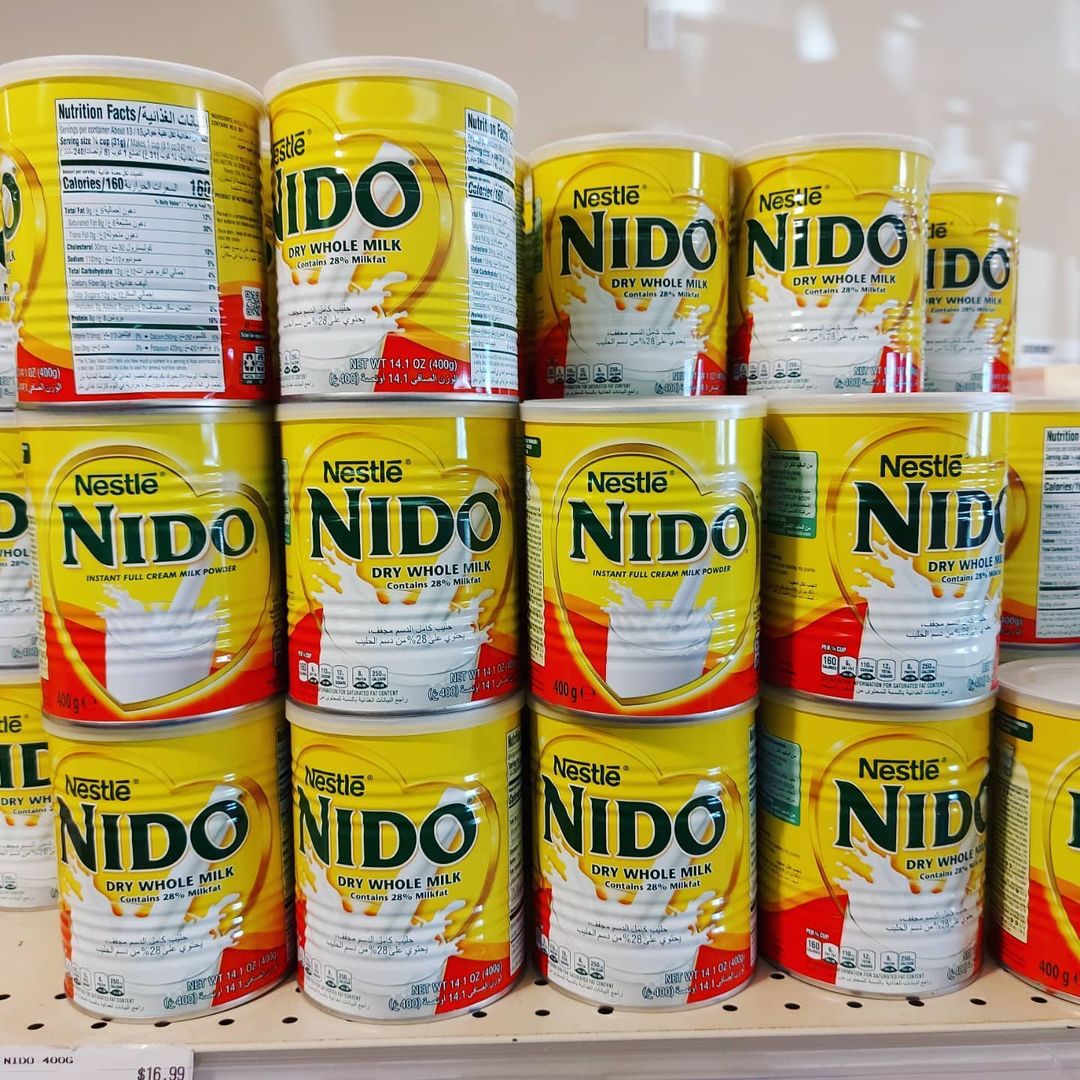
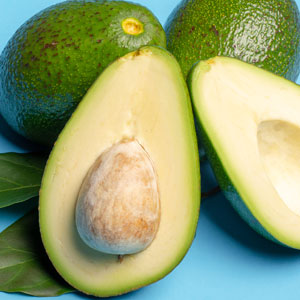
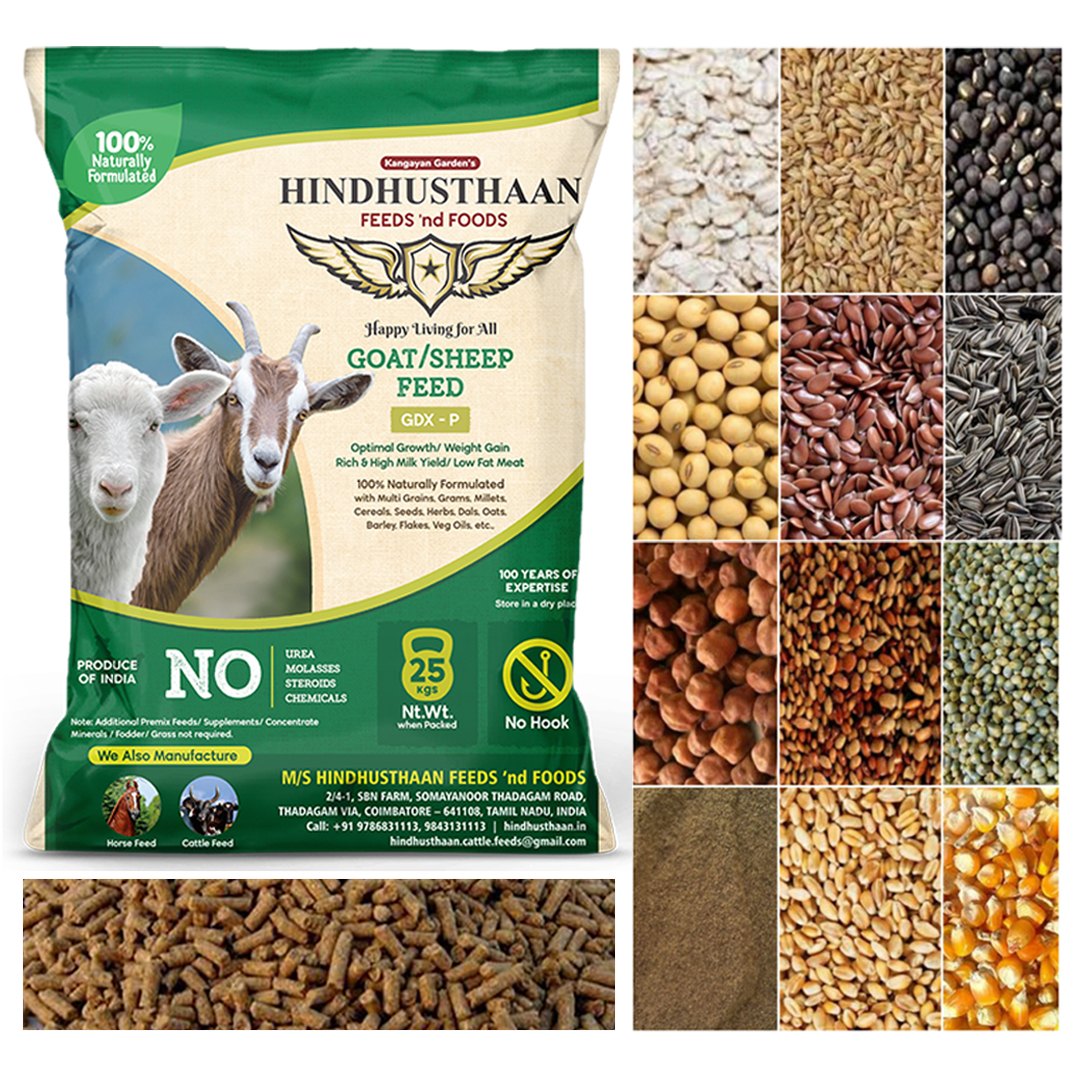
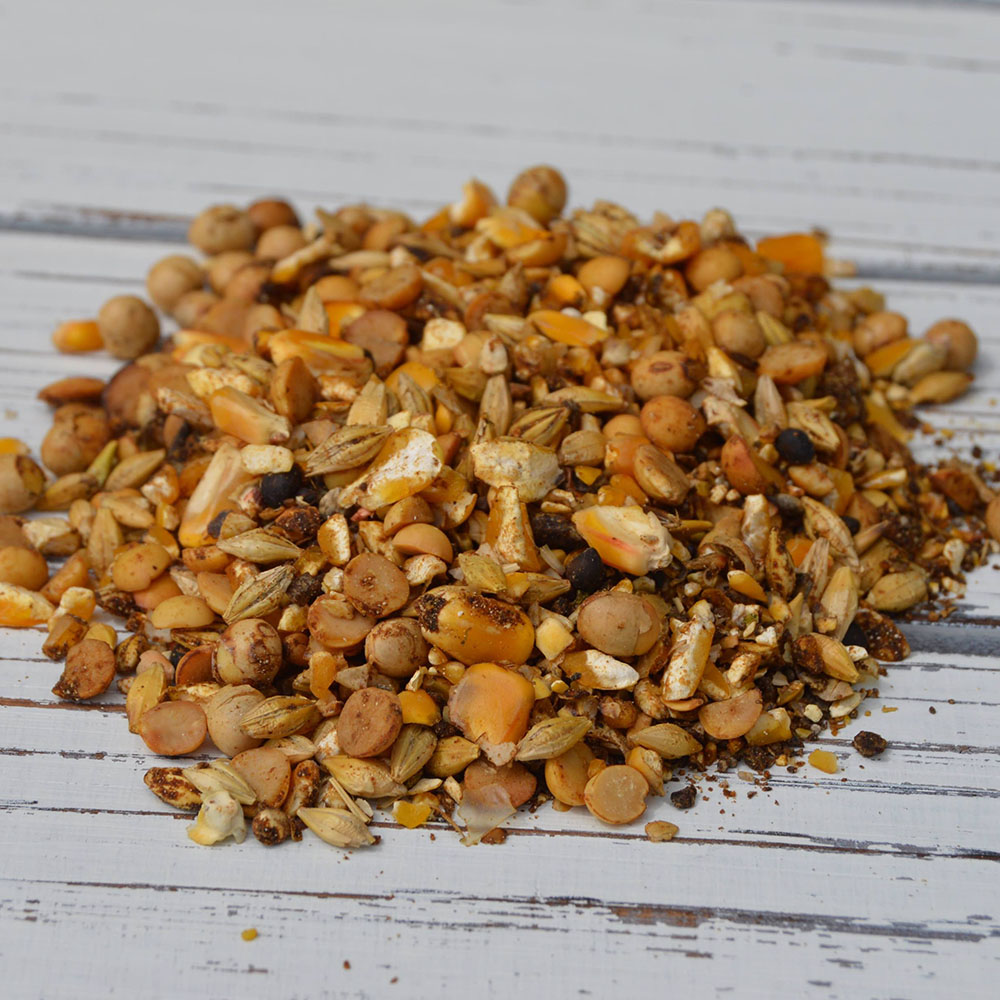
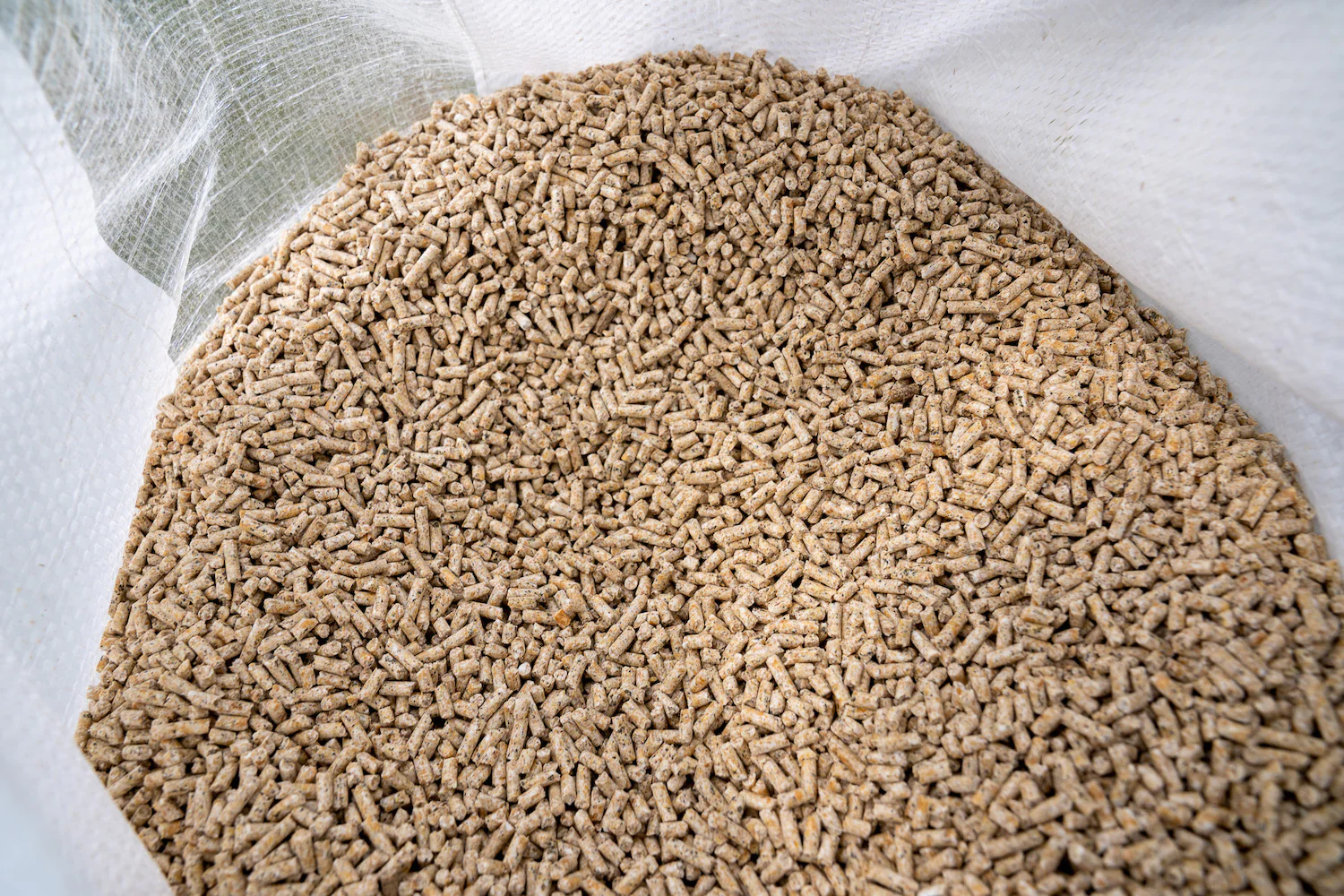
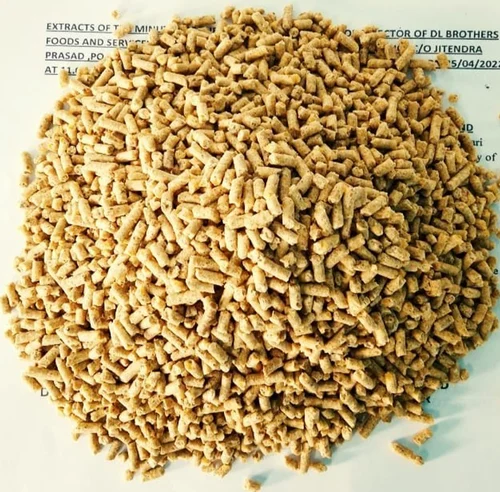
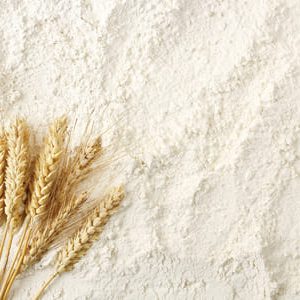
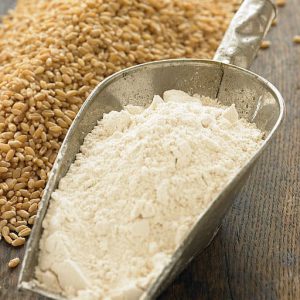
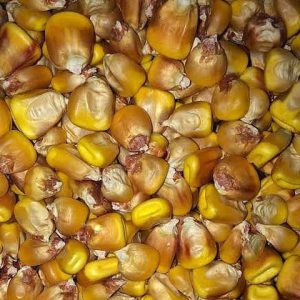
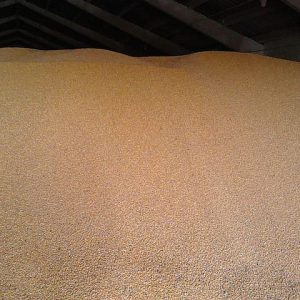
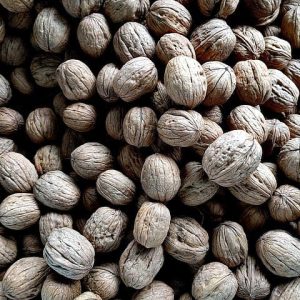
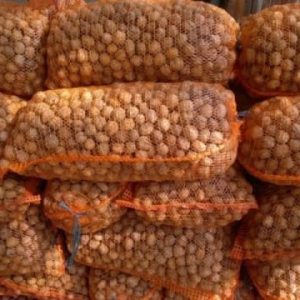

Reviews
There are no reviews yet.